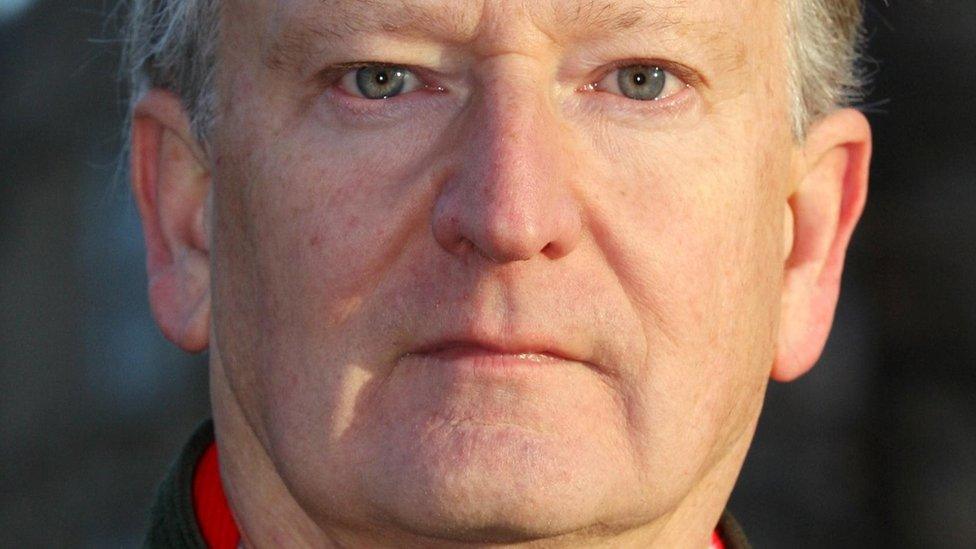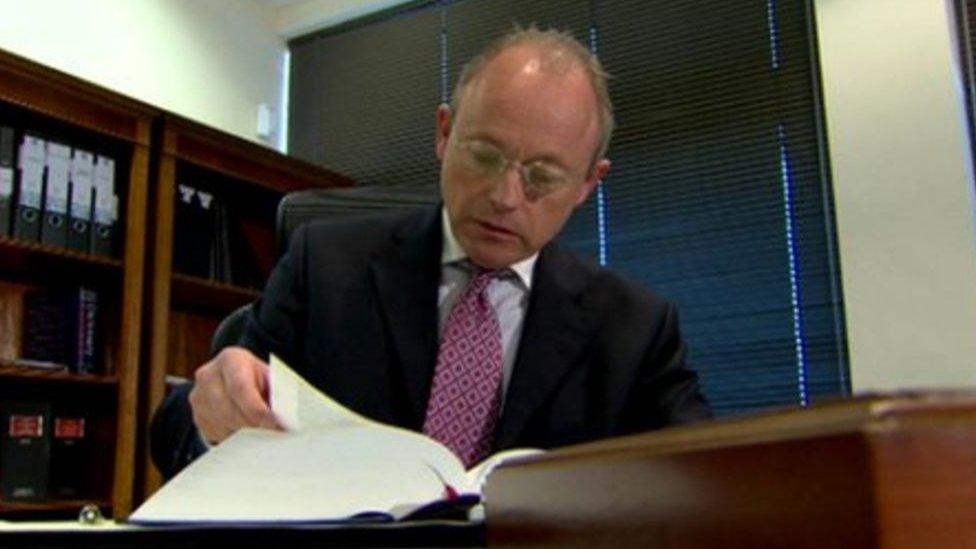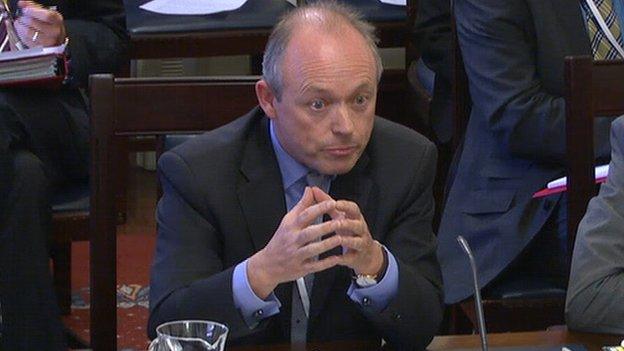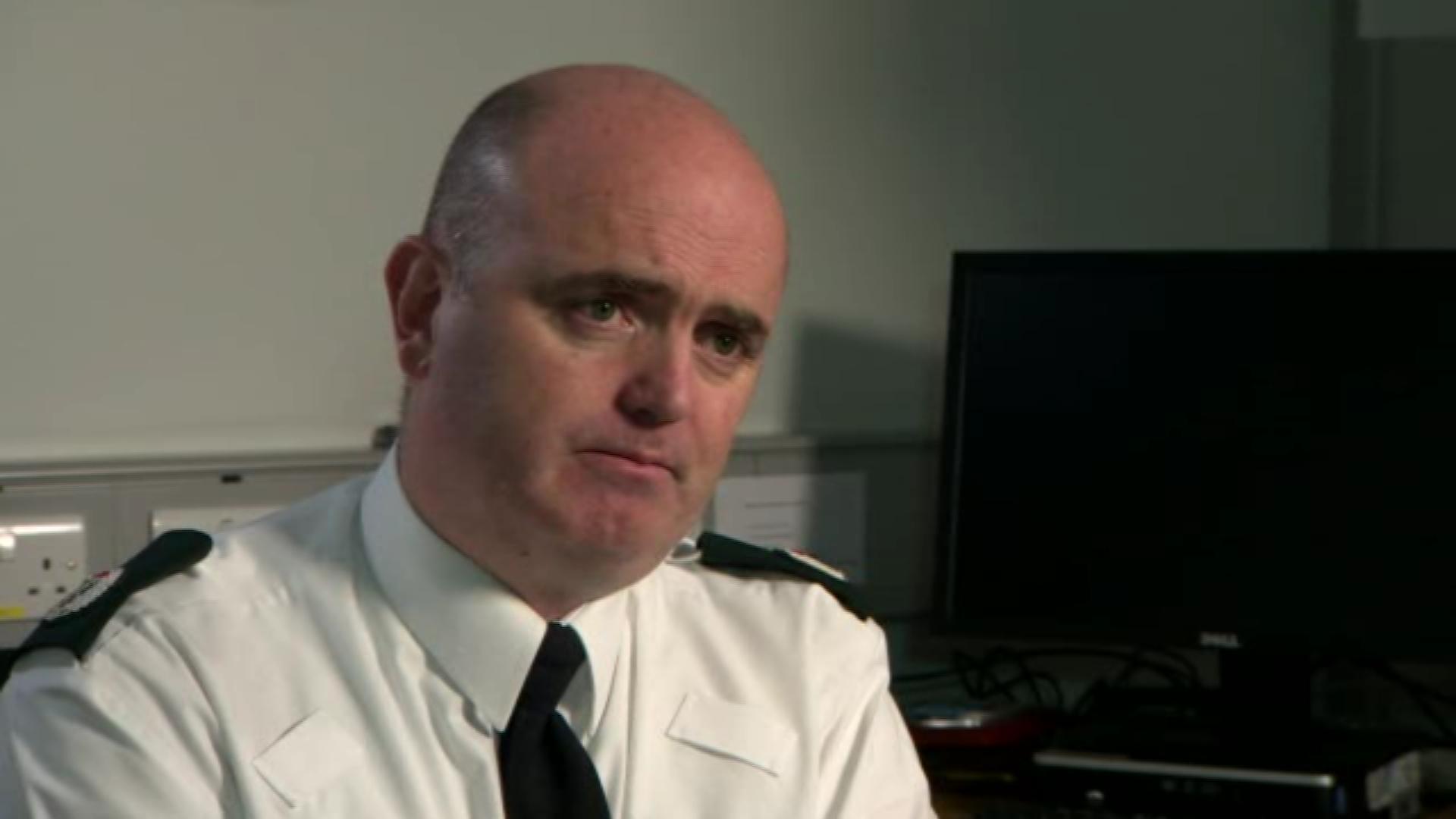PPS reject criticisms over legacy investigation focus
- Published

Conservative MP Henry Bellingham says the current system relating to legacy investigations is disproportionately focussed on former members of the security services
The Public Prosecutions Service (PPS) insists it takes decisions on whether to prosecute cases involving the legacy of the troubles "without fear, favour or prejudice, in strict accordance with the Code for Prosecutors".
It was responding to criticism from MPs in a Westminster Hall debate yesterday.
It was alleged that the current system is disproportionately focussed on soldiers and police officers.
A Conservative MP complained about the treatment of a former soldier.
Sir Henry Bellingham said the soldier from the Life Guards regiment had previously been told he would not be prosecuted.
However, he argued that the situation had changed after the appointment of Barra McGrory as Director of Public Prosecutions.

The Director of Public Prosecutions, Barra McGrory, has been accused under parliamentary privilege of "being prepared to move away from credible evidence to political decision making"
Using parliamentary privilege, Sir Henry pointed out that Mr McGrory represented Martin McGuinness in the Saville inquiry, adding: "this is the person who is prepared to move away from credible evidence to political decision making, which I find very worrying.
"It has to be stopped. There are potentially 278 more cases involving the security forces.
"I do not want any more veterans to be dragged out of their retirement homes any more than I want Sinn Féin councillors to be dragged out of council chambers."
In response the Public Prosecution Service said: "the Westminster debate reflects the political interest in historic criminal cases potentially involving military personnel.
"A number of such cases have been referred to the Director of Public Prosecutions by the Attorney General of Northern Ireland and have been the subject of investigation by PSNI Legacy Branch.
'Without fear, favour or prejudice'
"When these investigation files are submitted to the PPS, the Test for Prosecution is applied without fear, favour or prejudice, in strict accordance with the Code for Prosecutors.
"While political representatives may have an interest in such cases, the public can be assured of the rigour of the processes put in place by the Director of Public Prosecutions to ensure that this will never be allowed to influence the proper taking of prosecutorial decisions.
"It is disappointing to note the unfounded nature of some of the comments made in this debate and we would wish to remind those in public office of the responsibilities they hold to maintain public confidence in the criminal justice system," it added.
During the Westminster Hall debate the Northern Ireland Office Minister Kris Hopkins, who has himself served as a soldier in Northern Ireland, agreed with unionist and Conservative MPs that the current system in Northern Ireland is imbalanced in its treatment of soldiers and police officers.
Mr Hopkins said: "The almost exclusive focus on the actions of the state is disproportionate and must be challenged and redressed if we are to deal with the past in a way that is fair and balanced and allows victims and survivors to see better outcomes than the current piecemeal approach."
Correcting the 'imbalance'
The Northern Ireland Office minister argued that the creation of a new Historical Investigations Unit (HIU) would correct this imbalance.
Mr Hopkins said he believed the implementation of the proposed new body "will make the situation better for victims and survivors, and will be the only chance we have of prosecuting terrorists who murdered soldiers and police officers along with other innocent victims".
Mr Hopkins said: "The HIU will not focus on the deaths caused by soldiers, as the investigations systems in Northern Ireland do today.
"Instead, it will take each case in turn and will investigate the many hundreds of murders caused by terrorists, including the murders of soldiers."
The minister told MPs: "It is clear that the status quo is not working well enough for victims and families, and it is time that progress is made.
"This should create a more proportionate approach in dealing with the past and ensure that the balance of investigations is rightly on the terrorists who caused so much pain and suffering, rather than disproportionately on the brave soldiers and police officers who sacrificed so much to protect us."
- Published5 February 2016

- Published11 June 2015

- Published13 December 2016
